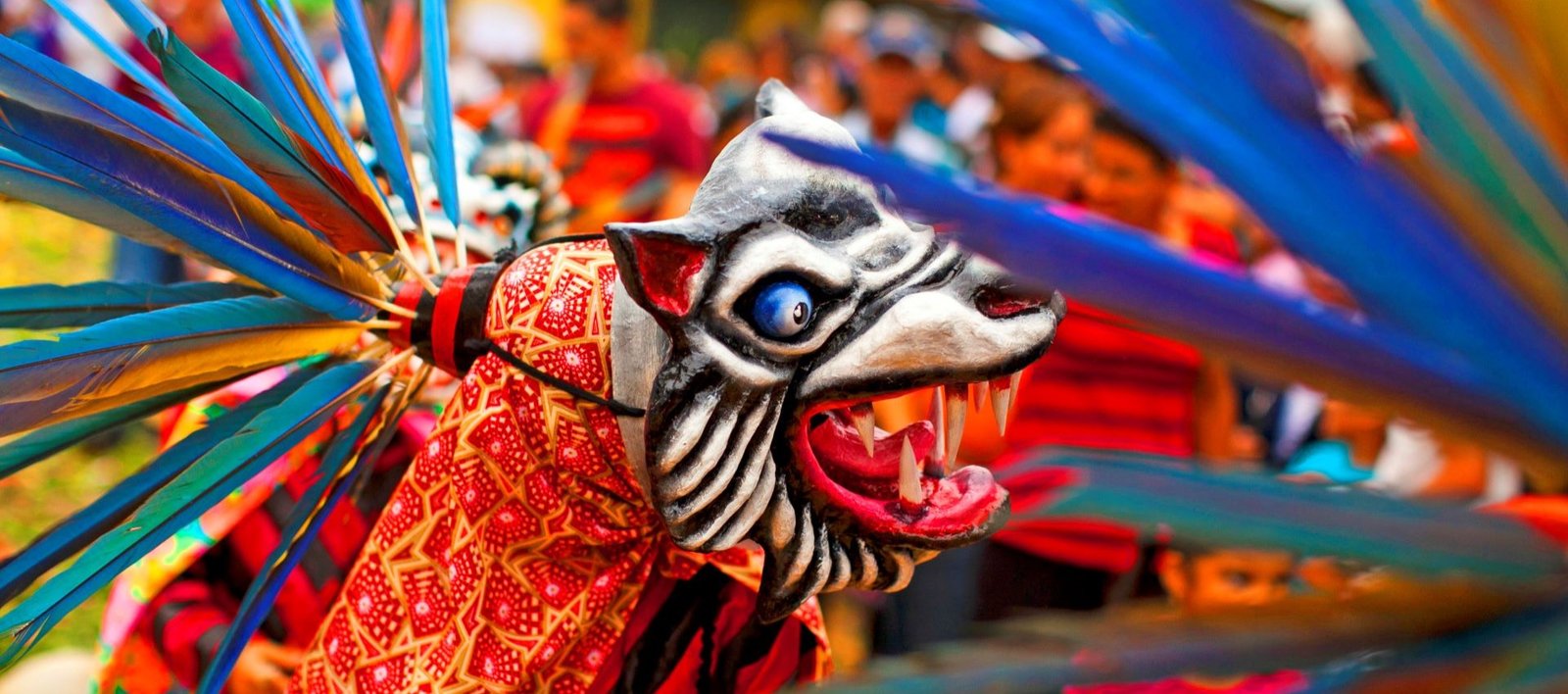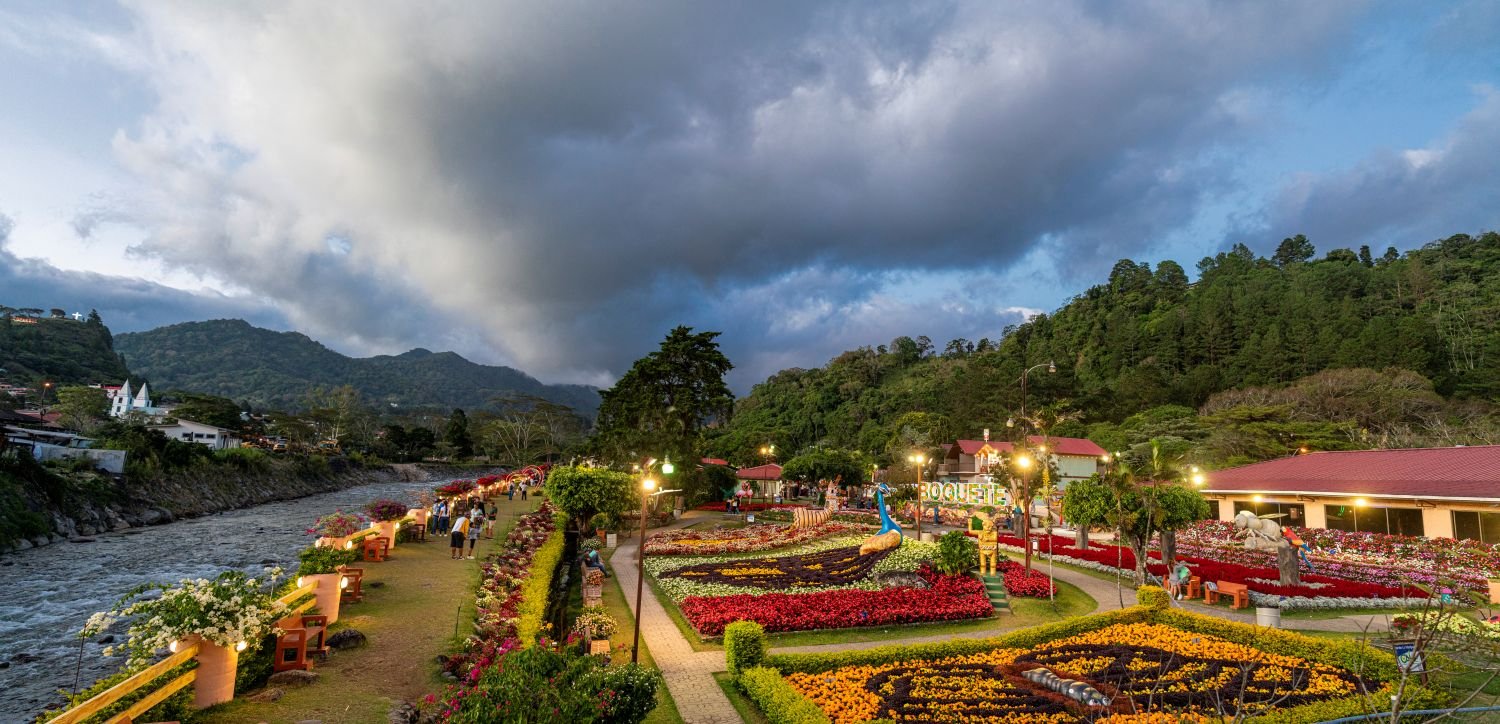
International Film Festival of Panama: Five Years of Good Movies
By Roberto Quintero
Photos: Carlos Gómez
Get ready to celebrate. April 7-13 will mark the fifth International Film Festival of Panama, one of the most highly anticipated events on the country’s cultural circuit. As always, it will be a week of good movies, workshops, master classes, premieres, glamorous stars walking the red carpet, and free open-air film screenings.
One of the highlights this year is an appearance by actress Lucia Bosè, recognized as an icon of Italian neorealism, a cinema movement that emerged in the late 1940s. Festival organizers are planning a tribute to her that will include a retrospective of some of her best films.

Bosè has been directed by several geniuses of the seventh art, such as Luis Buñuel, Federico Fellini, and Juan Antonio Bardem, to name just a few. However, festival director Pituka Ortega Heilbron feels that the influence of this legendary actress extends well beyond her film career. “The showing of Bardem’s unforgettable, visionary film Muerte de un ciclista (Death of a Cyclist) will give local audiences and visitors alike a chance to rediscover this film and spend time with an actress who is renowned not only for her talent, but for her humility and philosophy of life. Lucia is a woman who has always defined her striking beauty rather than being defined by it. She respected the demands of her profession as an actress while shielding her soul from the banal side of the industry. The camera never owned her, as she herself told me once. This is something that has essentially been lost in our own time.”
Another important confirmed guest is Chilean documentary maker Patricio Guzmán, winner of a Silver Bear at last year’s prestigious Berlin International Film Festival for his most recent movie: El botón de nácar (The Pearl Button). The film is the second in a trilogy that began with the acclaimed Nostalgia de la luz (Nostalgia for the Light) and will end with La cordillera de los Andes (The Andes). The trilogy depicts the search for history through an extensive exploration of Chilean geography.
El botón de nácar will, of course, be shown during the festival. But the most important thing about Guzmán’s visit is that he will lead a four-day seminar on the making of documentaries, as well as giving a talk after the showing of his film. “He is a gut-wrenching filmmaker, one who defines the genre. He is a man of great depth, committed to social and political matters. Guzmán is the author of La batalla de Chile (The Battle of Chile), considered one of the best Latin American documentaries of all time. He risked his life during the making of the film, which tells us a lot about him. Having Patricio present his film and lead a workshop in Panama is an honor for our industry,” noted Pituka Ortega Heilbron, one of Panama’s most noted documentary filmmakers.

This is just one of the gems of the seventh art that will grace Panamanian screens during the IFF, given that the schedule features more than seventy films and some 130 showings. One of the films, which created a buzz on social media as soon as it was announced, is El abrazo de la serpiente (Embrace of the Serpent); it made history as the first Colombian film to garner an Oscar nomination for Best Foreign Language Film. Directed by Ciro Guerra, the film tells the story of the encounters between an Amazonian shaman (the last survivor of his people) and two scientists who explored northwestern Amazonia in search of ancestral knowledge during trips made forty years apart.
Since its inception, the festival has also served as a platform for Panamanian cinema. This year’s event will feature at least six homegrown movies, one of which is the documentary Es hora de enamorarse, una historia entre bambalinas (Time for Love: A Backstage Story), directed by Guido Bilbao, who takes us backstage during a play to observe a troupe of actors with Down Syndrome. The film shows their artistic process and depicts the inner world of these young people: their fears, their hopes, and their daily struggles. Bilbao, whose audiovisual and journalistic works generally deal with politics and corruption scandals, considered this a wonderful opportunity to show another side of Panama. “I had never known anyone with Down Syndrome, but I met these young people by chance and I, as a spectator in their lives, saw a strength, a joy, and a wisdom that inspired the movie. We made it together.”

Sultán (Sultan), directed by Enrique Castro, also has a place on the festival schedule. This poetic drama uses an interesting combination of fiction and documentary to narrate the events of the military invasion of Panama by the United States on December 20, 1989. The action is seen through the eyes of three conflicted survivors who, ten years later, are reunited by the ghost of a person they had lost the night of the bombing.
Castro explains that the film is a product of his interest in historical events and the racism he sees in Panamanian society. “In large measure, the scant attention paid to the invasion as a historical event, the reluctance to demand more information from the United States on this military maneuver ―its largest operation in the Americas during the 20th century― and the failure to do in-depth research on the number of deaths, is due to the fact that most of the victims were ‘people of color’ and the damage occurred in working-class neighborhoods.”

While Sultán will have a special showing at the festival as a post-production work, it will officially premiere in mid-2016. “I am very happy that the IFF has given us this opportunity, because it is a way to thank all our supporters, show them how the project is progressing, and test audience reaction,” adds the Panamanian director.
These are merely some of the delights we can expect during the International Film Festival of Panama. There are still more films to be scheduled and guests to be confirmed. The organizers have more marvels in store for the audience. Coming soon —be ready.


